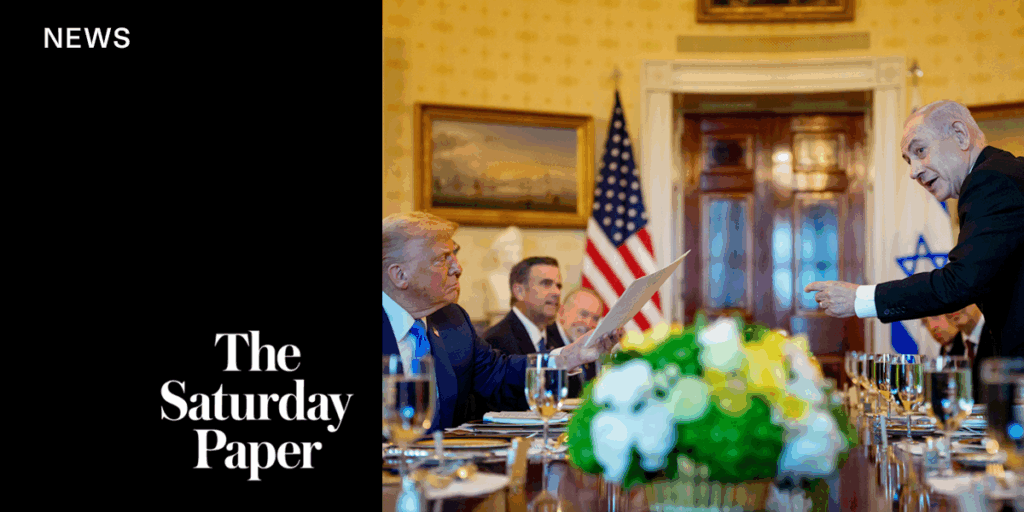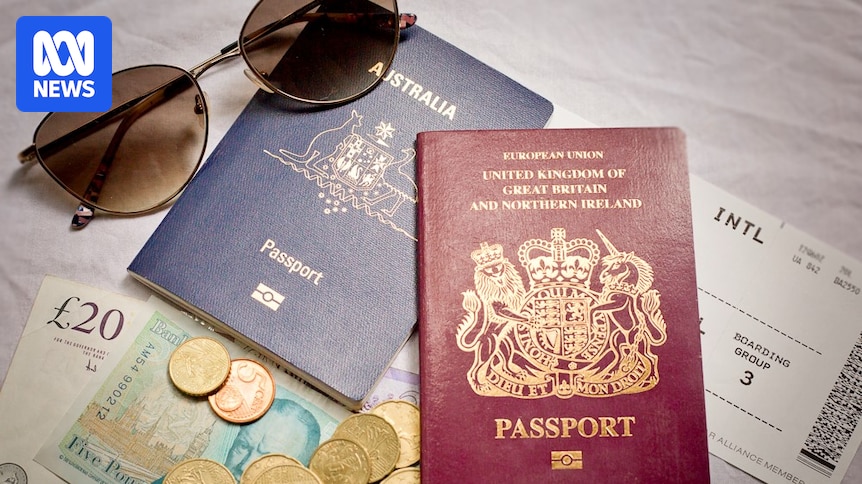
In a significant diplomatic development, former U.S. President Donald Trump has indicated that a ceasefire in Gaza could be achieved within days. This announcement comes as negotiations between Israel and Hamas intensify, focusing on resolving a persistent dispute over the withdrawal lines for Israeli military forces.
Trump hosted Israeli Prime Minister Benjamin Netanyahu for discussions earlier this week, although their meetings concluded without any public statements on the outcomes. Reports suggest that the talks centered around a 60-day ceasefire and a potential permanent resolution to the ongoing conflict.
Speaking to reporters before their second meeting, Trump described the situation in Gaza as a “tragedy” and emphasized the commitment of all parties to reach an agreement. “[Netanyahu] wants to get it solved, and I want to get it solved, and I think the other side wants to get it solved,” he stated.
Challenges in Reaching an Agreement
U.S. envoy Steve Witkoff, who is set to join the talks between Israel and Hamas in Qatar, expressed optimism about reaching a deal by the end of the week. According to CNN, the primary obstacle is the disagreement over the lines to which Israeli forces would withdraw following a ceasefire. Israel seeks to maintain troops in the corridor between Egypt and Gaza and retain security control over the enclave, while Hamas demands a complete withdrawal of Israeli forces.
Meanwhile, Israeli Defense Minister Israel Katz proposed the creation of a “humanitarian city” in southern Gaza during the ceasefire. This city would conduct security screenings of Palestinians entering to ensure they are not Hamas operatives, though those who enter would not be allowed to leave. Legal experts have criticized this proposal, arguing that any attempt to displace and contain residents violates international law.
Continued Violence and Humanitarian Concerns
Despite the ongoing negotiations, Israel continued its military campaign in Gaza, launching airstrikes on Tuesday that reportedly killed at least 20 people. Mohammed Joundiya, a local resident, expressed hope for peace, telling Reuters, “We hope that a ceasefire will be reached and that the massacres against the Palestinian people will stop.”
During his meeting with Trump, Netanyahu nominated the former president for the Nobel Peace Prize, citing the Abraham Accords, which normalized diplomatic relations between Israel and several Arab states, including the United Arab Emirates and Bahrain. “He’s forging peace as we speak in one country and one region after the other,” Netanyahu remarked.
Regional and Global Implications
The potential ceasefire in Gaza is not only pivotal for regional stability but also reflects the broader geopolitical dynamics involving major powers. The United States’ role in facilitating these discussions underscores its influence and interest in Middle Eastern peace processes.
Historically, ceasefires in the region have been fragile, often collapsing due to unresolved underlying issues. The current negotiations, however, carry the weight of significant international attention and pressure, which could enhance their chances of success.
Experts caution that while a ceasefire might temporarily halt hostilities, a lasting peace requires addressing the root causes of the conflict, including territorial disputes, security concerns, and humanitarian needs.
Looking Ahead
As the world watches closely, the outcome of these negotiations will have far-reaching consequences. A successful ceasefire could pave the way for more comprehensive peace talks, while failure could lead to further escalation and suffering for civilians caught in the crossfire.
The coming days are critical, with diplomatic efforts intensifying to bridge the gaps between the conflicting parties. The international community remains hopeful yet cautious, aware that the path to peace is fraught with challenges but also opportunities for a more stable future.





